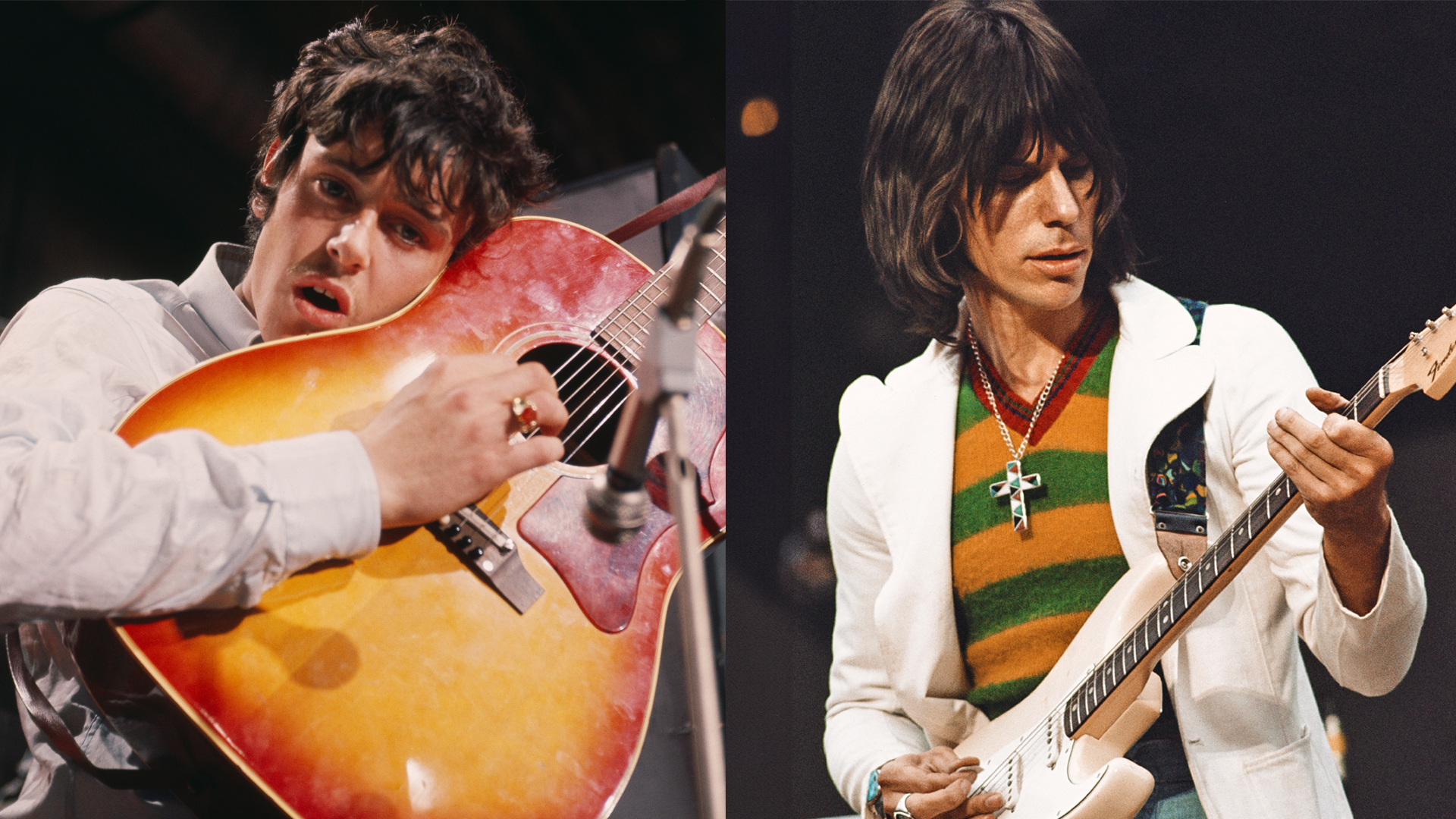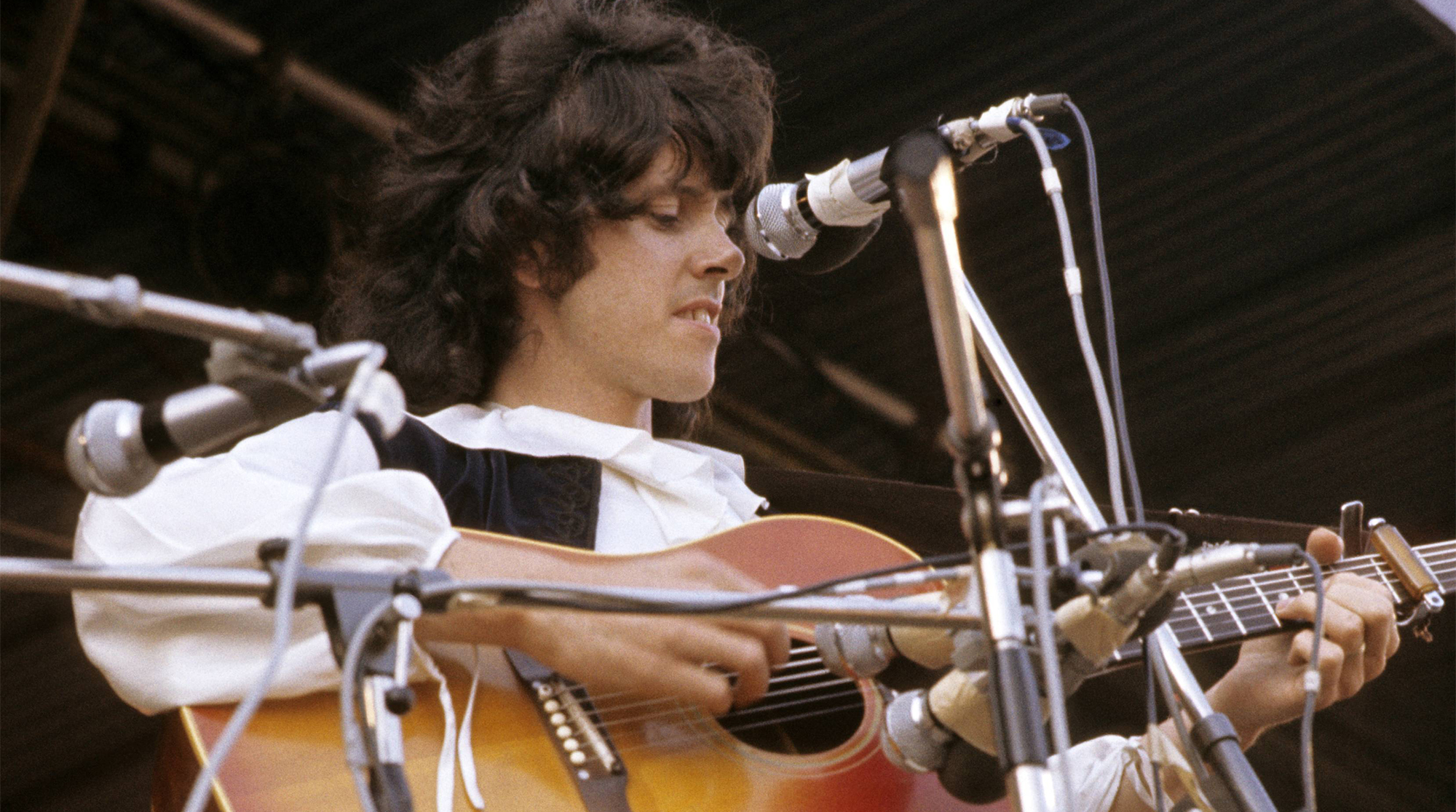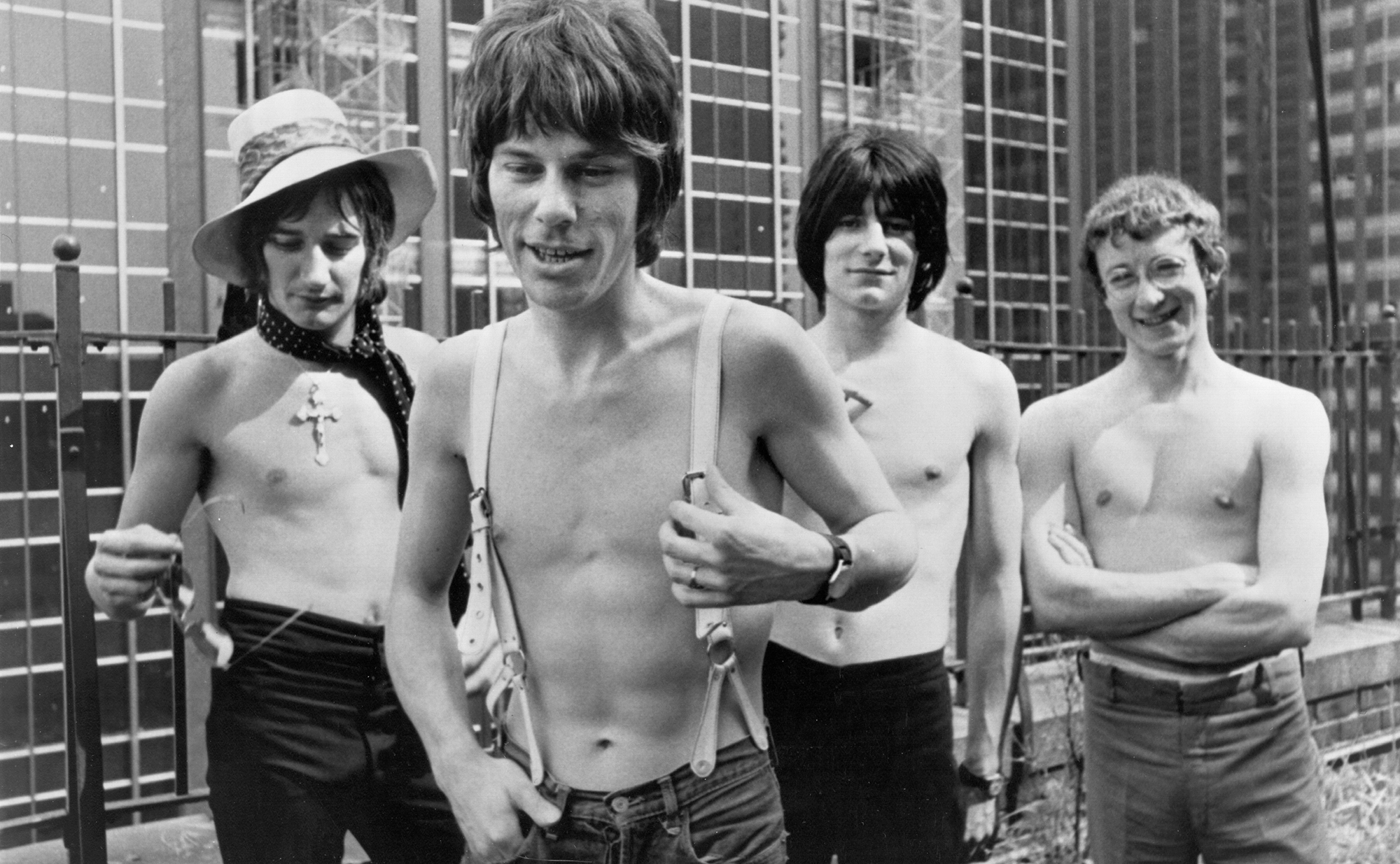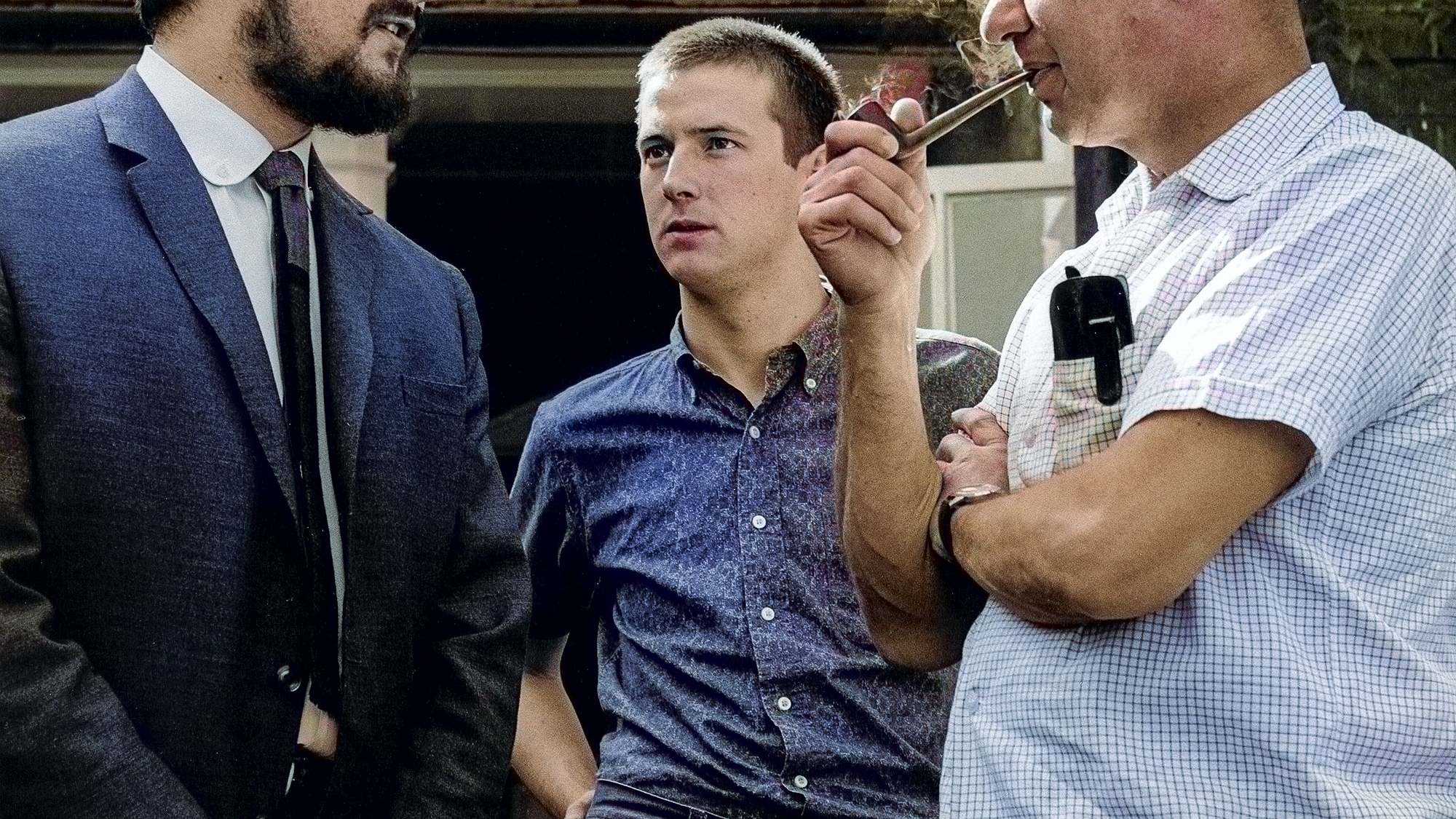“Finally Mickie says, ‘Jeff, where's your guitar?’ Jeff looks around and says, ‘Yeah, where the eff is it!?” Donovan on his helter-skelter session with Jeff Beck — and the rumor it fueled about their future
After a string of hits in the late 1960s, Donovan closed out the decade with a tune that marked the end of his chart run

All the latest guitar news, interviews, lessons, reviews, deals and more, direct to your inbox!
You are now subscribed
Your newsletter sign-up was successful
British folk singer Donovan had a steady stream of hits in the final years of the 1960s. Released in 1966, “Sunshine Superman” and “Mellow Yellow” were but a warm-up for a three-year period that would see him release timeless hits like “Epistle to Dippy,” “There Is a Mountain,” “Jennifer Juniper” and — the song the purportedly helped launch Led Zeppelin — “The Hurdy Gurdy Man.”
By May 1969, Donovan was ready to cut what would become his last big hit: “Barabajagal,” a funky tune with a tongue-tripping title. As it turned out, the song would feature Donovan playing alongside a remarkable group of musicians, including Jeff Beck on electric guitar and two members of the Jeff Beck Group: bass guitar player Ron Wood and drummer Micky Waller, along with Nicky Hopkins, best known for his work with the Rolling Stones, the Who and the Kinks. (He also became — along with Eric Clapton — one of the first rock musicians to perform on a Beatles song when he played electric piano on their single “Revolution.”)
As Donovan tells Music Radar, he had a trio of new compositions ready when he approached Micky Most, his producer. Most liked “Barabajagal” — both the song and its unusual name — and chose it first for recording. The tune is a repetitive two-chord jam with an infectious beat and ear-catching refrain: “Goo-goo, goo-goo, Barabajagal / Was his name, now.”
“We knew that people were gonna go crazy listening to this amazing thing,” Donovan explains.
Because he was busy recording the Jeff Beck Group’s album Beck-Ola, Most suggested asking the band to assist with Donovan’s new songs. The singer was all for it. Not only was he a fan of Beck’s guitar talents but he knew him well.
"I felt kind of close with Beck," he says. "He was living with Celia Hammond, the model, and she was best friends with my wife, Linda."
But Beck was notoriously unreliable and moody, qualities that had led to his departure from the Yardbirds in late 1966. When the day for recording “Barabajagal” arrived, the band showed up one member at a time.
All the latest guitar news, interviews, lessons, reviews, deals and more, direct to your inbox!
Eventually everyone, including the backup singers, was there — except Beck.
“And then Mickie says, ‘Where the fuck is Jeff?’
“And right at that moment Jeff strolls in, and it's like Spinal Tap. It really is,” Donovan says. “He walks in, and we're all sitting around waiting, and he sits down and nobody says a word. And finally Mickie says, ‘Jeff, where's your guitar?’
“Jeff looks around and says, ‘Yeah, where the fuck is it?’
“And then he remembers. He’s like, ‘Oh, shit! It’s locked in the van on its way to Leeds for our gig tomorrow.’
“But then he says, ‘Just call up any of the rental agencies in town, and order a Fender Strat, and tell them who it's for.’
“And that was it. We made the call and Jeff got the Strat.

“So we play the song once, we play it twice, and then Mickie says, ‘That's it. No more rehearsals. I’m recording the next one!’
“And we kick in, and everybody is in order, and we’re doing it — but…”
As Donovan explains, Most suddenly realized that, because the song was so repetitive, it required a break — something to add variety.
"So at one point Mickie says, ‘Stop!’ I said, ‘What?’ He said, ’It's a train, and it’s going helter-skelter down the fucking track. We've got to stop it somewhere.’”
Most had the idea that Waller should play a drum break while Donovan rapped over it.
He said, ’It's a train, and it’s going helter-skelter down the fucking track. We've got to stop it somewhere.’”
– Donovan
“So Mickie tells Micky the drummer, ‘We've got to stop this train and then start it again.’ Then Mickie says, ‘What's going to happen after that?’
"Well, I had a pal with me, Julian, who played harmonica, and he said, ‘I’ve got a poem that Don can read.’ And I looked at it, and Mickie looked at it, and he said, ‘Can you do this?’ I said, Yeah.’
“So we stopped the train, and then the train started again. That’s the coda for the song.
“And Mickie went, ‘Jesus Christ, this is unbelievable!’”
“Barabajagal” was released as a single in June 1969. Although it reached number 12 in the U.K., it only made it to 36 in the U.S., marking the end of Donovan’s run of hits.

Given the novelty of Beck and Donovan performing together, fans began to question if they were forming a group. Within months of the record’s release, many believed it was a done deal.
Beck set the record straight in an interview with The New Music Express in August.
“Obviously we just came together because we both record for Mickie Most,” he explained. “And when we did ‘Barabajagal,’ we were just in there killing an odd weekend. There’s no big Donovan–Jeff Beck permanent tie-up thing underlying it.
“Everyone thinks Donovan and I are friends and brothers-in-the-business never-to-part, but this is rubbish.”
The rumors had been fueled in part by the news that the Jeff Beck Group were breaking up.
We’re disbanding very shortly, and I wish him the best of luck. There’s no bad vibes or anything like with most groups.”
— Jeff Beck
“We’re disbanding very shortly,” Beck revealed to the NME. “Ronnie Wood is leaving because he wants to play lead guitar instead of bass, and I wish him the best of luck. There’s no bad vibes or anything like with most groups.”
As for working again with Donovan, Beck said, “The question of us doing shows together have been spoken about, but since then a lot of things have happened — like my group splitting. I think us doing the record was a nice idea, though, and I suppose the future is just an open book.
“I don’t really see a follow-up to ‘Barabajagal,’” he concluded. “It’s up to Don. If he wants to do something again, I’m easy. But I wouldn’t like to scream at him and say, ‘Come on, Don, let’s do another one.'”
They never did. And while “Barabajagal” marked the end of Donovan’s chart run — making it noteworthy for the wrong reason — it remains one of his favorite songs, and one he considers a tribute to Beck.
“Jeff was incredible on it,” he says.
Christopher Scapelliti is editor-in-chief of GuitarPlayer.com and the former editor of Guitar Player, the world’s longest-running guitar magazine, founded in 1967. In his extensive career, he has authored in-depth interviews with such guitarists as Pete Townshend, Slash, Billy Corgan, Jack White, Elvis Costello and Todd Rundgren, and audio professionals including Beatles engineers Geoff Emerick and Ken Scott. He is the co-author of Guitar Aficionado: The Collections: The Most Famous, Rare, and Valuable Guitars in the World, a founding editor of Guitar Aficionado magazine, and a former editor with Guitar World, Guitar for the Practicing Musician and Maximum Guitar. Apart from guitars, he maintains a collection of more than 30 vintage analog synthesizers.

